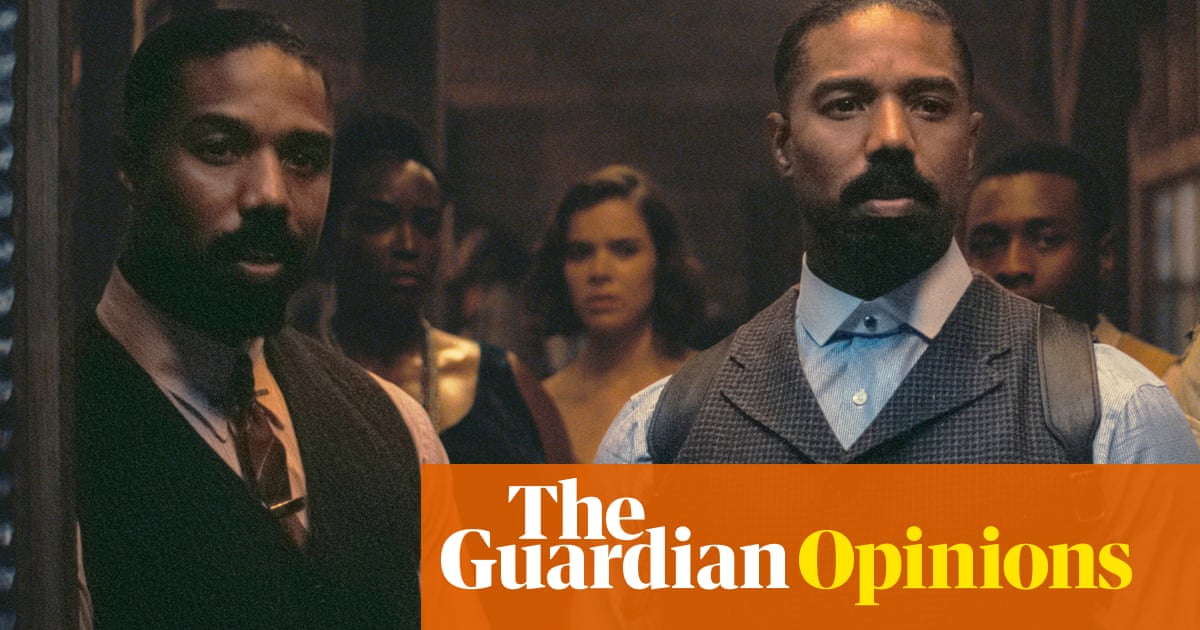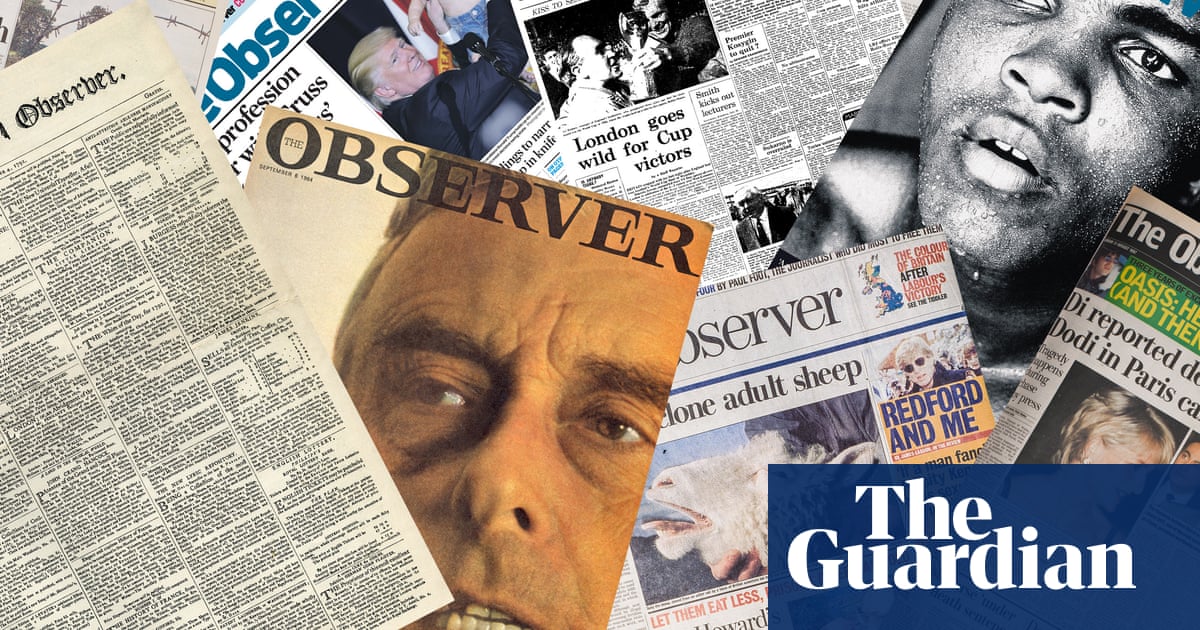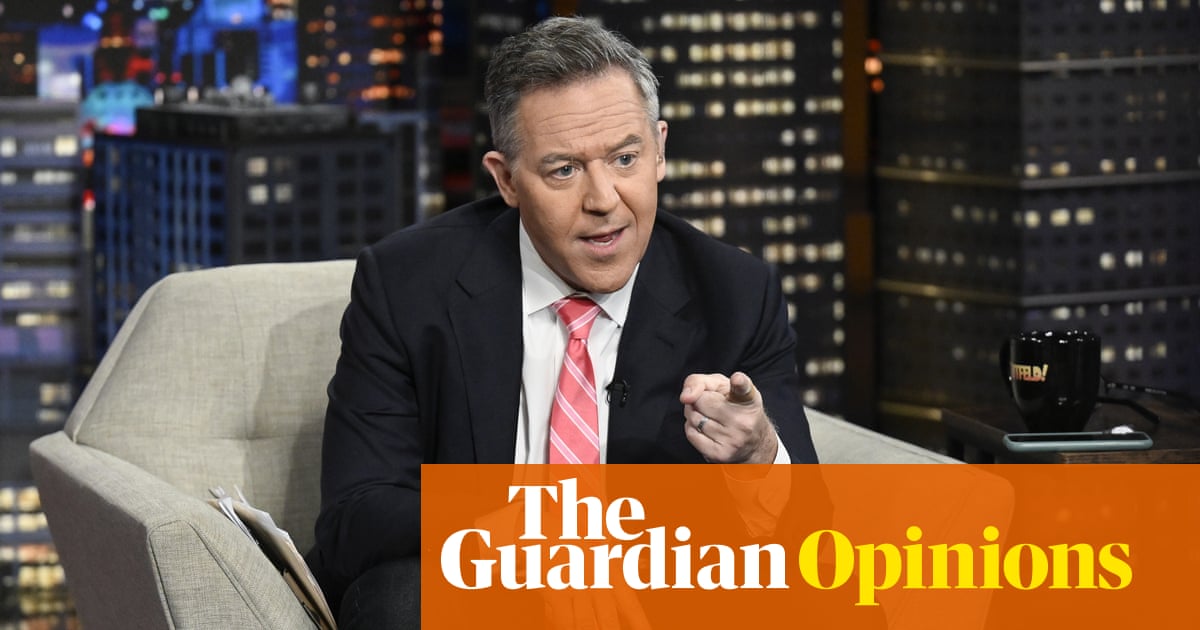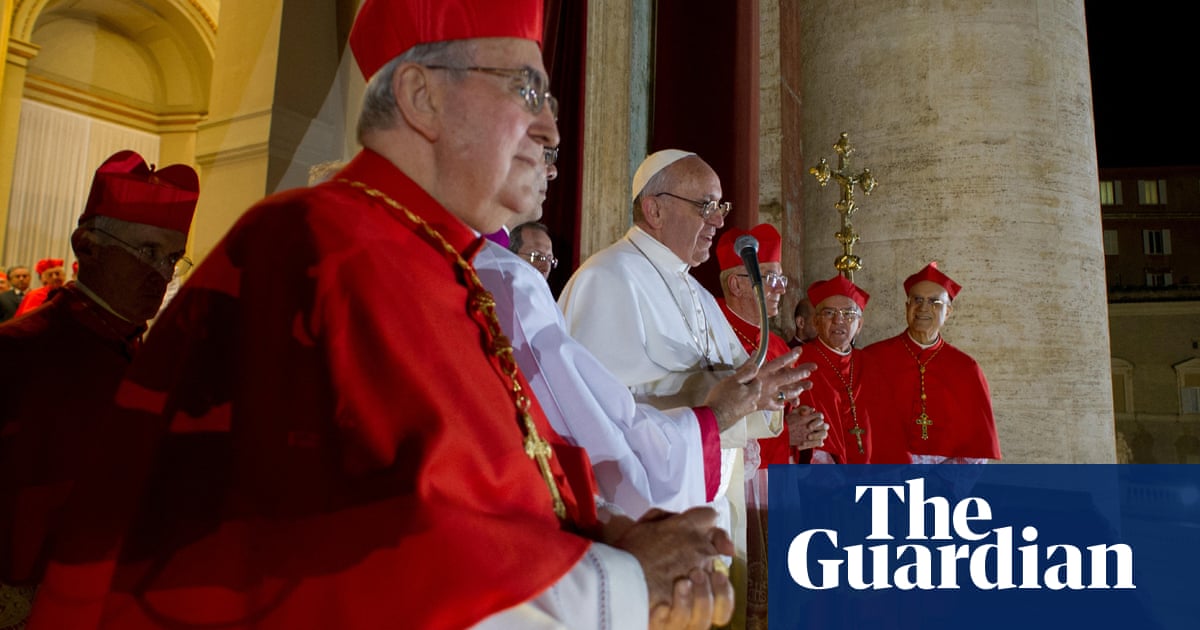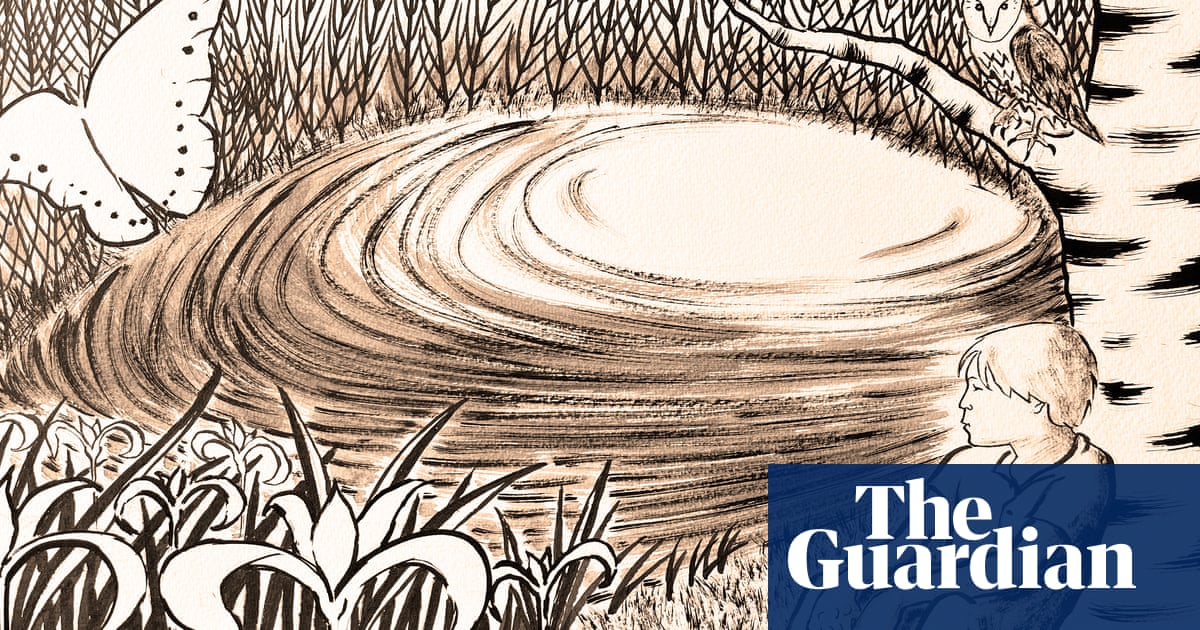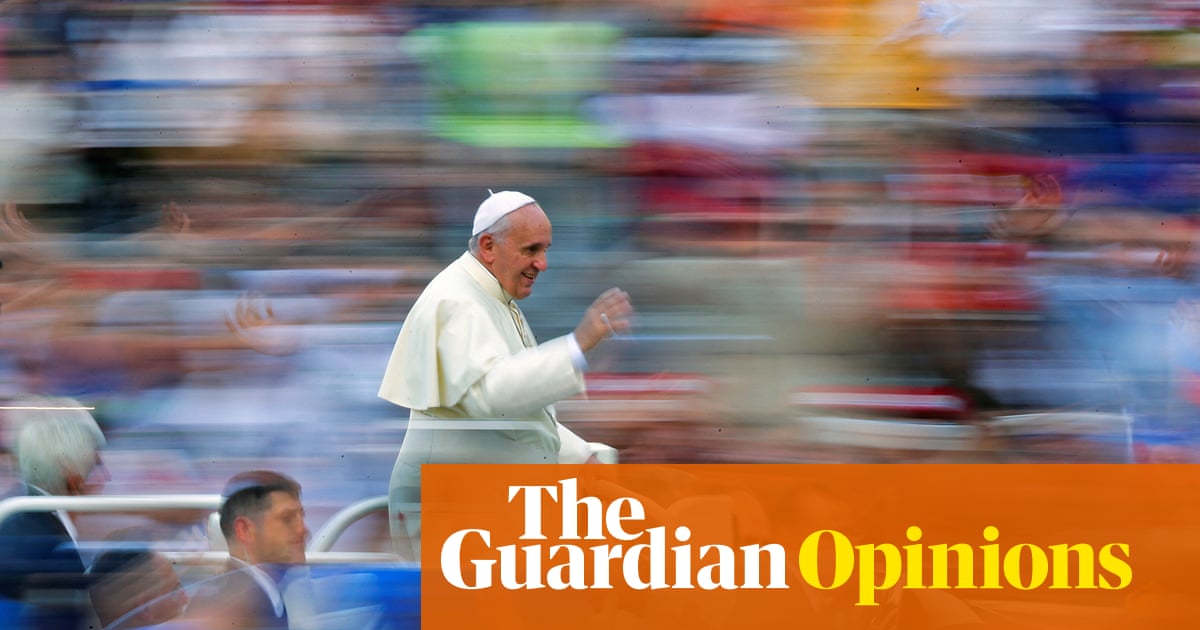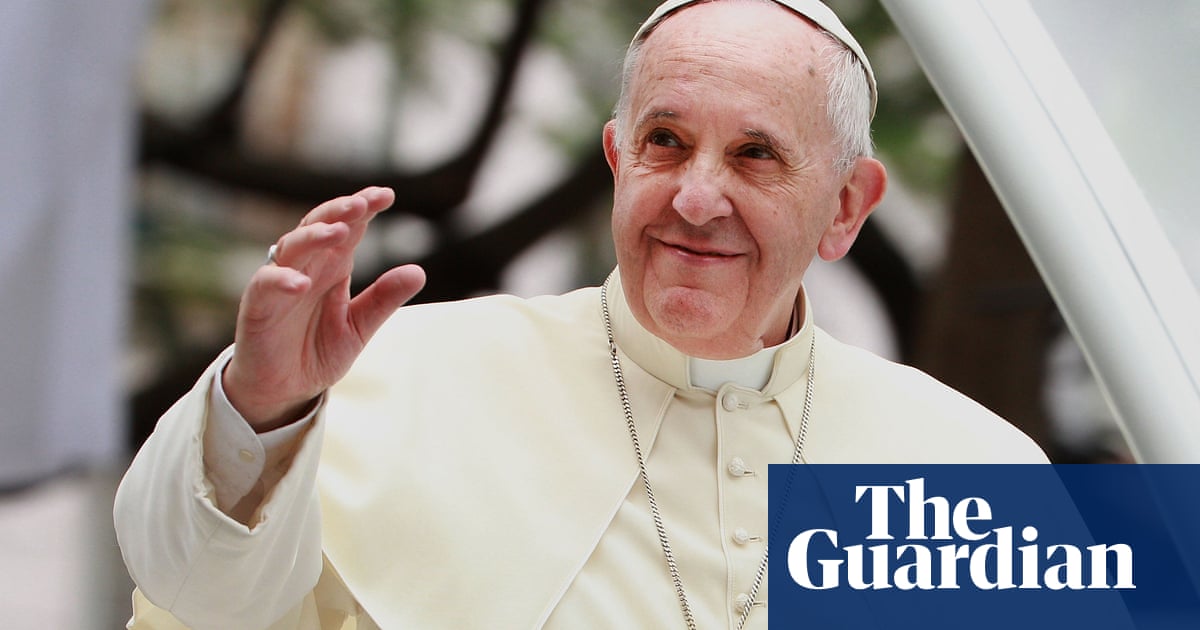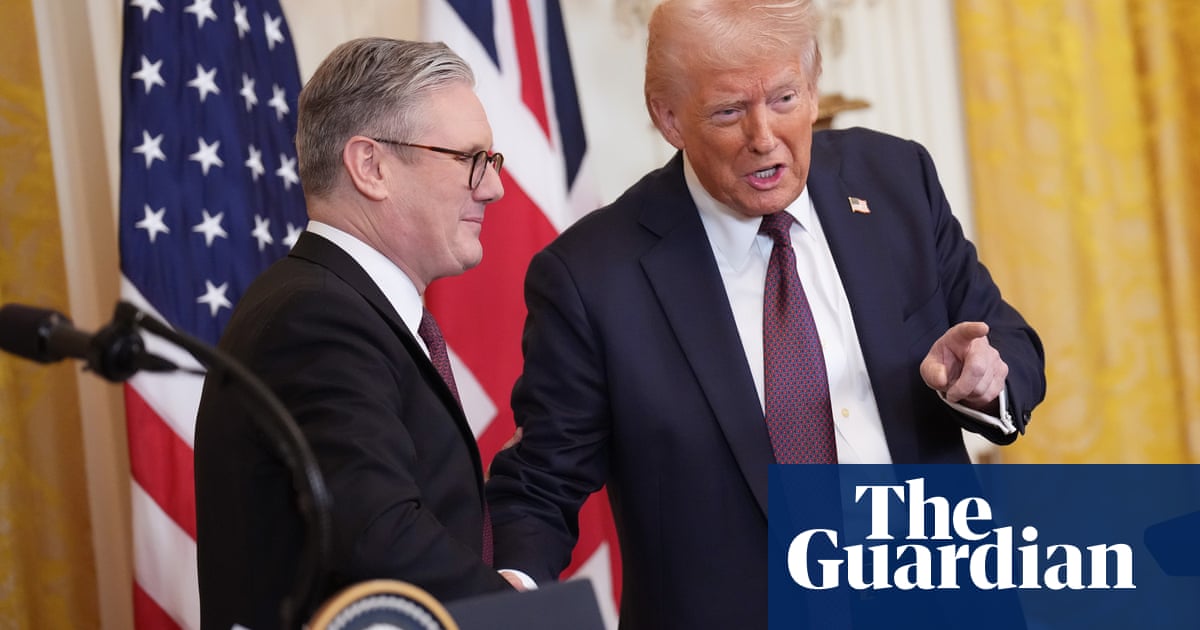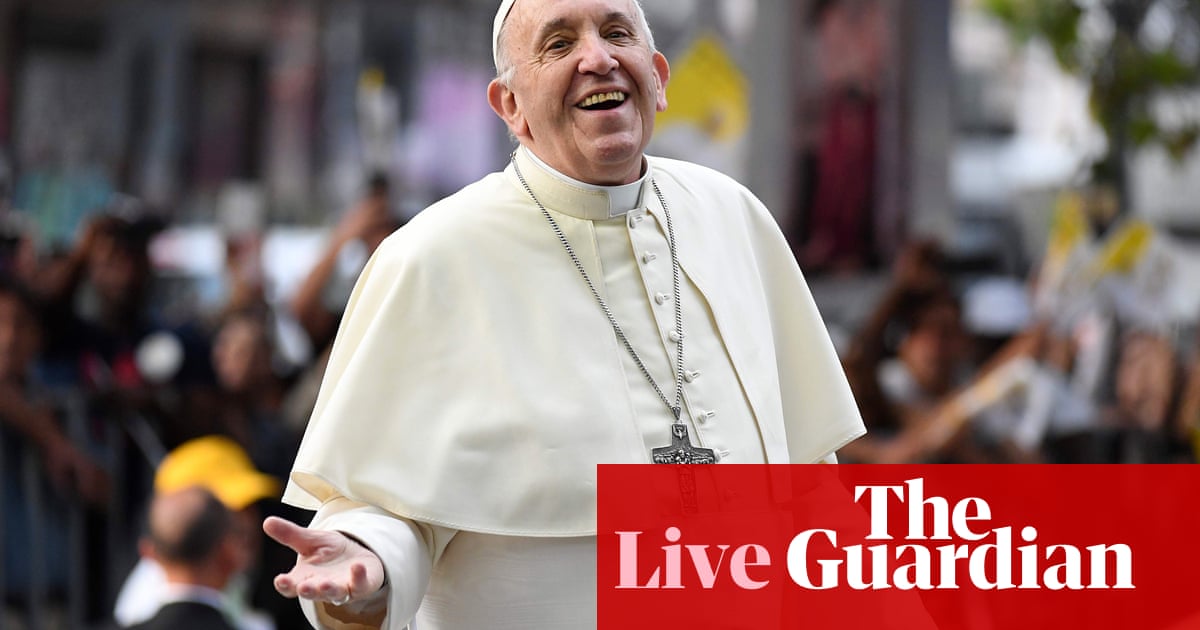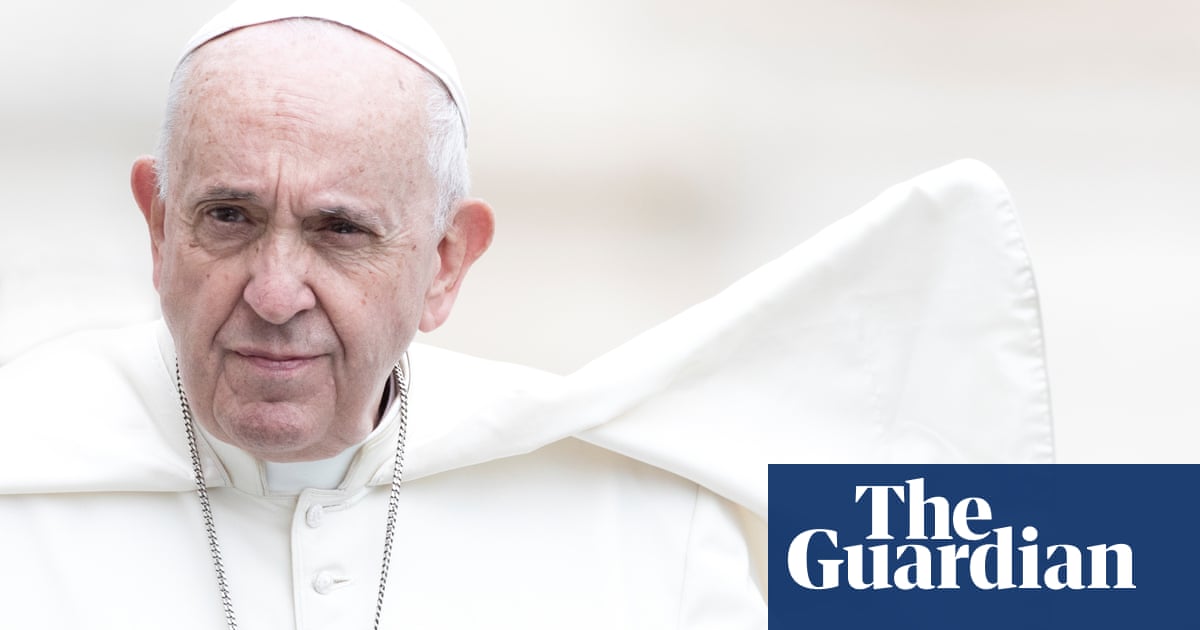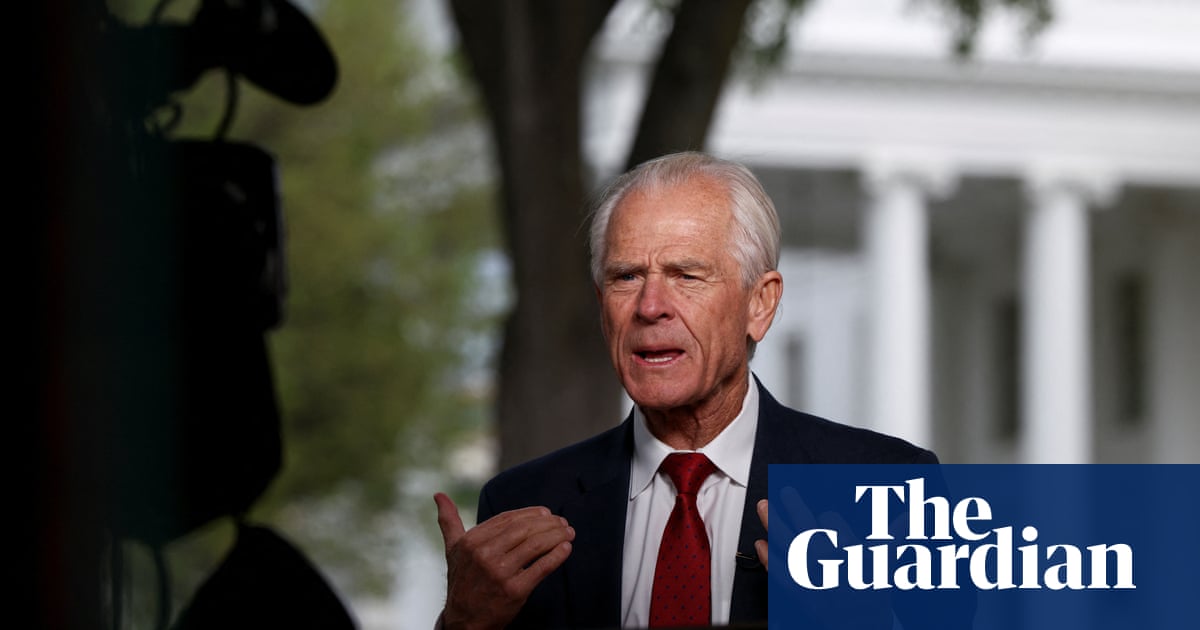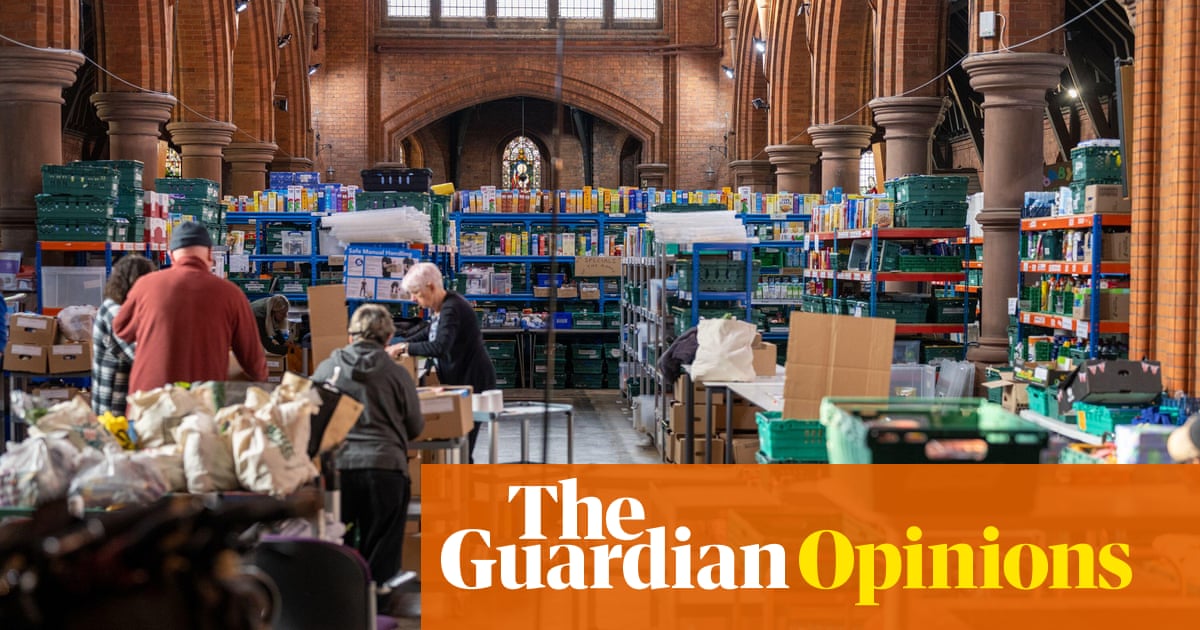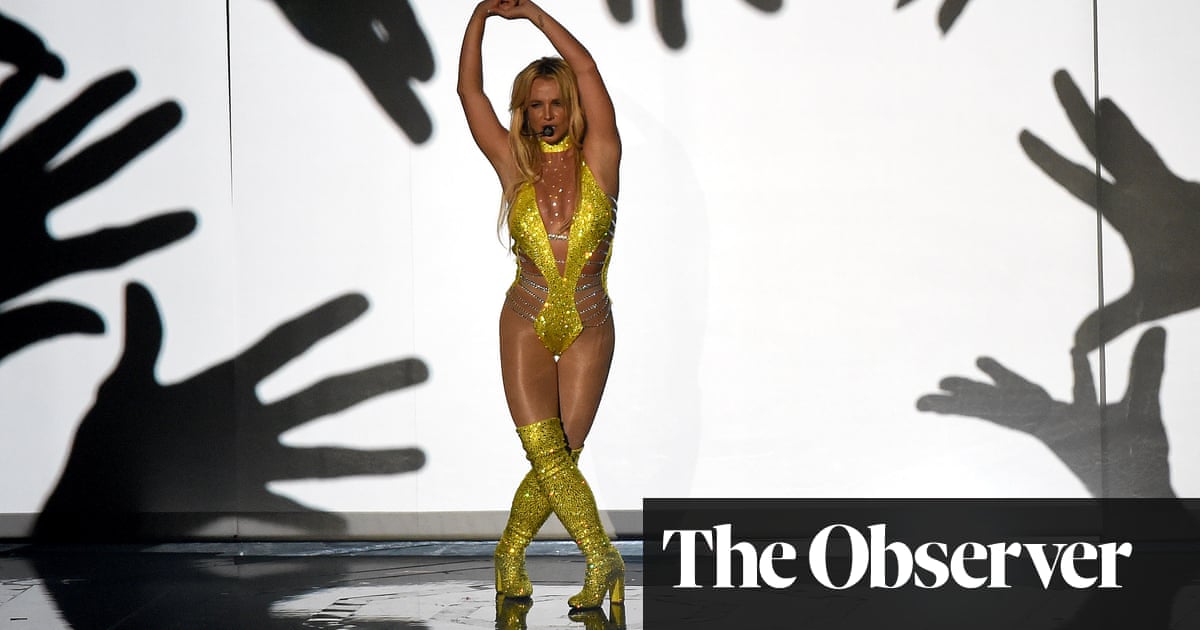The snow lay in drifts over the railway lines at Auschwitz, when Keir Starmer went to pay his respects last week. His wife, Victoria, the granddaughter of Polish Jews who fled to sanctuary in England, stood beside him in the biting cold looking out over the tracks that once ferried unimaginable numbers of people to their deaths.
Afterwards, the prime minister talked about the relics of the dead discovered when the concentration camp was liberated: the piles of shoes, many in children’s sizes, and the suitcases hurriedly packed by people forced from their homes. What he had seen would stay with him, he said. It was “the ultimate warning … of where prejudice can lead”.
Starmer did not have to add that the shadow of war now hangs over Europe once again, or that once again dark forces are rising. There has been an apocalyptic enough feel to these past days leading up to Donald Trump’s inauguration, with Joe Biden warning of the US’s descent into oligarchy and a deep air of foreboding hanging over EU capitals. But nonetheless, the moment resonated.
Starmer was visiting Poland to make common cause with the country’s prime minister, Donald Tusk, who recently ousted a rightwing populist government and whose country would be on the frontline of any confrontation with Russia. By way of painful contrast, Liz Truss, Boris Johnson and Nigel Farage were meanwhile preparing to rub shoulders at the inauguration with leading lights of Germany’s far-right Alternative für Deutschland – a pariah in its own political system but apparently not at the White House – and Spain’s far-right Vox party, plus other guests of honour chosen to usher in the era of Trump.
The new order couldn’t “come soon enough”, Truss tweeted from Washington, alongside a picture of herself in a red Maga cap. Farage, meanwhile, settled for a triumphant: “We are so back.” He has a more longstanding friendship with the president than any other British politician – at the weekend, he bragged of having “genuine friends on speed dial” in the new administration – and knows Trump won’t necessarily stick to going through normal diplomatic channels. Last week, Trump aides reportedly met senior Reform UK figures to discuss how they could work together.
US presidents have always sought to promote like-minded leaders, including sometimes over the heads of elected governments. But previously that itch for regime change hasn’t felt like a threat to old friends in Europe. Now, even longstanding allies must watch their backs as money and ideas flow across the Atlantic to rightwing populists seeking actively to destabilise them, mining the same veins of anti-immigrant feeling and economic frustration Trump did.
Talk of the White House plotting to make Farage prime minister by 2029 still sounds wildly overblown for many reasons. Not least because there are powerful downsides for British politicians who get too close to a president still viewed with a hefty dose of suspicion on this side of the Atlantic, and because the president probably doesn’t care enough about British politics to expend that much energy on it. (As Farage discovered when Trump’s incoming counter-terrorism chief said Britain should repatriate the former Islamic State bride Shamima Begum from Syria, it isn’t always easy being his friend, let alone his enemy: there’s no answer to that conundrum that pleases both the president and Reform voters.)
But Reform will try to use Trump’s presidency as a battering ram to break down British norms, arguing that if the US can rip up net-zero plans to get growth or ruthlessly deport foreign-born criminals, why can’t we? Meanwhile, Elon Musk’s weaponising of the grooming gangs scandal showed how destructive even sporadic missiles lobbed from Trumpworld can be, especially if British politicians are willing to help him identify targets.
Starmer’s first step should be to make clear that there’s nothing patriotic about colluding with foreign interference, and that Trump’s little helpers serve nobody’s interests but their own. But where there are legitimate grievances, those must eventually be confronted.
Last week, at an event convened by the thinktank British Future to discuss lessons learned from losing ignominiously to Trump, the blunt message from former Kamala Harris adviser Frank Sharry to his friends in the Labour party was that ignoring far-right wedge issues simply doesn’t work.
When record numbers of immigrants crossing into the US prompted talk of a border crisis, Sharry said, the Biden administration didn’t “lean in”, it ran away from the argument. Though by last summer it had developed effective answers – a combination of border enforcement, deals with neighbouring countries and undercutting people smugglers by opening more legal visa routes was actively bringing numbers down – it didn’t even defend its own record, fearful of upsetting the liberal end of its electoral coalition.
Sharry, who spent decades working for pro-refugee charities before joining the Harris campaign, had helped craft messages for her that were designed to sound tough but fair, in line with mainstream American views. But months of radio silence, he suggested, had allowed Harris’s opponents to misrepresent her as an extremist favouring completely open borders, even as the rightwing news ecosystem in the US platformed open conspiracy theories about the Democrats supposedly wanting to flood the country with immigrants who could then vote for them.
The lesson, not lost on Downing Street, was that it’s not enough just quietly to do what works: you have to shout about it, even when your own side hates to hear it. Millions now get their sense of what is happening not from the mainstream media but from emotive snippets on social-media platforms already rife with disinformation that are now (thanks a bunch, Mark Zuckerberg) scrapping factchecking. If governments can’t dramatise what they are actually doing, the truth will be lost in the coming hurricane.
Bleak as all this sounds, however, this is no time to abandon hope. Sharry opened his remarks by saying he was delighted to be in a country where democracy still has a future, which both was a joke and wasn’t. There aren’t many cracks of light in the darkness now, but Britain, like Poland, has somehow bucked the odds by turning left just as much of the world seems to be turning right. Whether by luck or judgment, we seem to be at a different stage of the political cycle; still four years to go until the next election, a system that for good or ill makes life hard for small insurgent parties, relatively stable institutions, the capacity to toughen social media regulation, and a national inclination (be honest) towards a quiet life. But first, we’ll have to ride the storm.
-
Gaby Hinsliff is a Guardian columnist
-
Do you have an opinion on the issues raised in this article? If you would like to submit a response of up to 300 words by email to be considered for publication in our letters section, please click here.

 2 months ago
47
2 months ago
47
